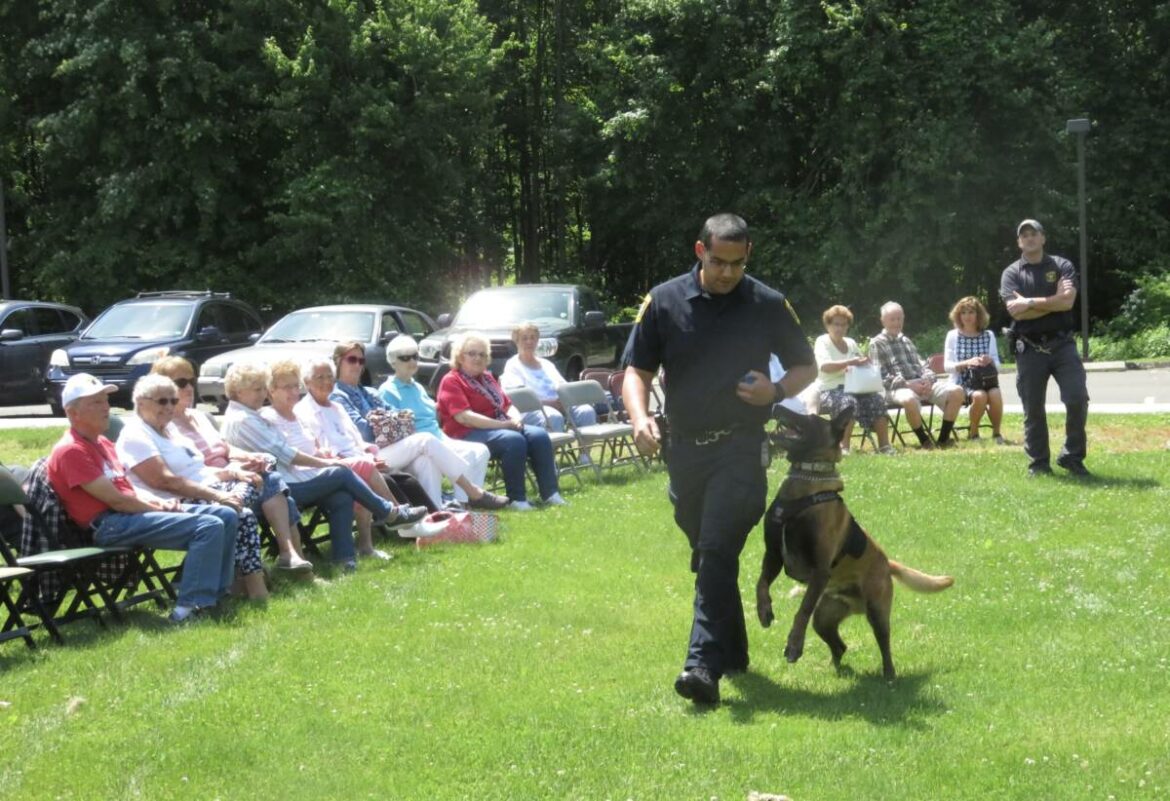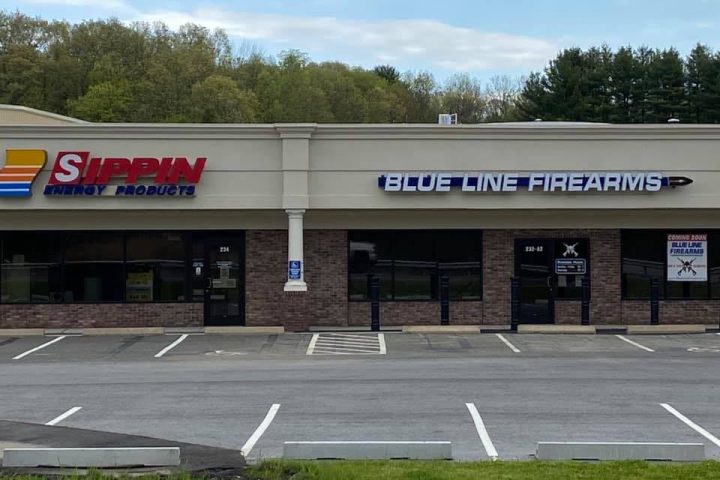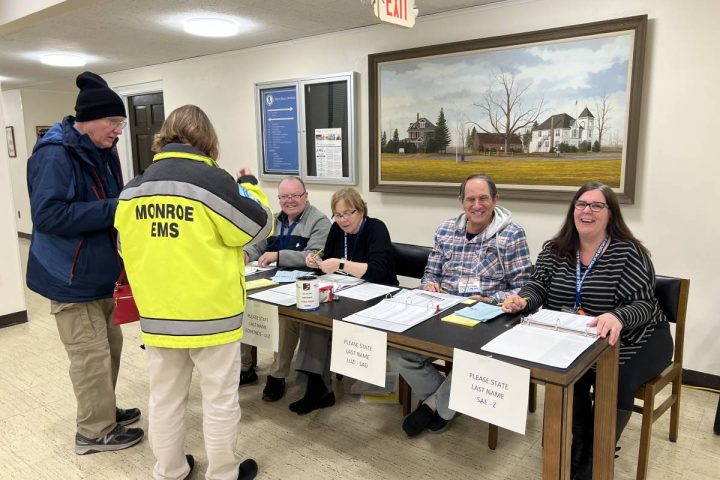HARTFORD, CT — State Rep. Tony Scott, R-112th, recently spoke during a public hearing on legislation regarding police dogs.
For cases where no individuals are in need of emergency treatment or transportation at a crime scene, Scott proposed a bill allowing emergency medical services personnel to provide emergency treatment and transportation for police dogs injured in the line of duty.
The Public Safety Committee held a public hearing on this concept on Feb. 14, along with measures to increase the penalty for intentionally injuring a police animal or dog in a volunteer canine search and rescue team, establish a penalty for annoying, teasing, tormenting, or harassing a police animal confined in a motor vehicle, and establishing a grant program to provide canine officers with body armor.

“Hardworking K9 officers, like Monroe K9 Riggs, put their lives on the line right alongside their handlers and should receive the same services if they are injured in the line of duty,” Scott said. “This is a common sense proposal to help keep officers on the scene, rather than having to leave to transport an injured K9 in need of emergency care.”
A similar law was approved in Massachusetts last year after being proposed by Rep. Steve Xiarhos. Nero’s Law was named for the K9 partner of Yarmouth Police Sgt. Sean Gannon, who was shot and killed in April 2018 while serving a search warrant. Nero was rushed to an animal hospital in a police cruiser while empty ambulances sat at the scene.
“This is very emotional to me, very personal,” said Xiarhos. “I sent seven police officers and a dog on a mission to apprehend a criminal with 125 prior crimes on his record in Massachusetts. He was selling fentanyl and possessed illegal guns. Sgt. Sean Gannon lost his life during that mission.”
“A member of the SWAT Team carried Nero out of the house as he was bleeding to death. All the ambulances wouldn’t touch Nero because they were not allowed. Nero lived because we took him in a cruiser, with a doctor, to the hospital,” Xiarhos said.
Sgt. Sean Gannon’s mother, Denise, gave emotional testimony.
“K9s live and work with their handlers, it’s 24/7, 365 days a year, becoming a family member,” she said. “They live and would die, and have as we have seen, for their handlers.”
“Which one of you would have a family member in an ambush attack, bleeding out, and not call an ambulance for services to save their lives?” she said. “No one would do that. There are some things we can’t change, my son’s death included. But this is something we can and have changed in Massachusetts and Rhode Island.”
“The law has been used twice since enactment to transport injured K9 officers to veterinary hospitals, once in July and once in December.
Frankie, a 10-year-old Belgian Malinois, died at an animal hospital from gunshot wounds he sustained during a standoff. In the latest incident, K9 Orry was in a police cruiser by the side of a highway when it was struck by a Connecticut driver and recovered,” said Massachusetts State Police Trooper Christopher Johnson.
According to Scott, over the coming days testimony will be considered by the members of the Public Safety Committee. After members have had a chance to deliberate on the bill, it must be approved by the committee by Thursday, March 16, in order for it to move forward in the legislative process.








